GARCINIA OOLONG-TEA PRIORITY™
$69.95 — or subscribe to save 15%
Garcinia Oolong-Tea™ provides four high energy minerals commonly deficient in modern-day diets combined with Garcinia cambogia and polyphenol rich Oolong tea in a sugar free dry beverage mix that can be enjoyed hot or cold.
Garcinia cambogia supplies naturally occurring hydroxycitric acid (HCA) commonly used to enhance metabolism, curb appetite, and manage weight.
Morning Energizer –“ Pre-workout –“ Weight Management
Garcinia Oolong-Tea™ provides four high-energy minerals commonly deficient in modern-day diets combined with Garcinia Cambogia and polyphenol-rich Oolong tea in a sugar-free dry beverage mix that can be enjoyed hot or cold.
Garcinia cambogia supplies naturally occurring hydroxycitric acid (HCA) commonly used to enhance metabolism, curb appetite, and manage weight.
Oolong tea is a natural source of caffeine and healthy antioxidant polyphenols. Sugar-free and naturally flavored
Start your day with HCA to support a healthy and vibrant metabolism.
What is garcinia cambogia?
Garcinia cambogia is a tropical fruit that is native to Indonesia. It is also known as the Malabar tamarind. The fruit has a sour taste and is often used in cooking, particularly in traditional dishes in South India and Southeast Asia. The rind of the fruit is used to extract a substance called hydroxycitric acid (HCA), which is believed to have weight loss and other health benefits.
Garcinia cambogia supplements are believed to work by inhibiting the enzyme called citrate lyase, which plays a role in the utilization of fat in the body. By inhibiting this enzyme, garcinia cambogia supplements may reduce the storage of fat and potentially lead to weight loss.
In addition to its role in fat production, citrate lyase is also involved in the production of cholesterol and other lipids. Some studies have suggested that inhibiting the activity of citrate lyase may also support healthy cholesterol levels.
Hydroxycitric acid (HCA) is also thought to have other effects on the body. Some studies have suggested that HCA may increase levels of serotonin, a neurotransmitter that plays a role in regulating mood and appetite. It is thought that increasing levels of serotonin may help to reduce cravings for unhealthy foods and potentially lead to weight loss.
Neurotransmitters are chemical messengers involved in the transmission of nerve impulses between neurons (nerve cells) in the brain. Serotonin is involved in a wide range of physiological and behavioral processes, including mood, anxiety, appetite, sleep, and aggression.
Serotonin is produced by neurons in the brain and is also found in the digestive system, blood platelets, and other tissues in the body. It is thought to play a role in maintaining a sense of well-being and happiness.
Serotonin is also involved in the regulation of appetite and digestion. It is believed to play a role in the sensation of fullness and satiety after a meal and may help to regulate food intake and body weight.
Serotonin is produced from the amino acid tryptophan and is regulated by a number of factors, including diet, exercise, stress, and medications. Some medications, such as selective serotonin reuptake inhibitors (SSRIs), work by increasing the availability of serotonin in the brain.
There have been several studies conducted on the effectiveness of garcinia cambogia supplements for weight loss. The results of these studies have been mixed, with some finding that garcinia cambogia may be effective in helping with weight loss, while others have not found any significant benefits.
One study published in the Journal of the American Medical Association in 1998 found that garcinia cambogia was no more effective than a placebo in promoting weight loss. However, a meta-analysis of nine randomized controlled trials published in 2011 found that garcinia cambogia supplements were associated with a small, statistically significant reduction in body weight compared to placebo.
Another study published in the Journal of Obesity in 2011 found that garcinia cambogia was associated with a significant reduction in body weight and waist circumference, as well as a decrease in cholesterol levels. However, a review published in the Journal of the Academy of Nutrition and Dietetics in 2013 found that the evidence for the effectiveness of garcinia cambogia for weight loss was inconclusive.
There have been several studies conducted on the effects of inhibiting citrate lyase, the enzyme involved in the production of fat in the body. Some studies have suggested that inhibiting citrate lyase may be associated with weight loss and a reduction in cholesterol levels.
One study published in the journal Lipids in Health and Disease in 2010 found that treatment with a citrate lyase inhibitor reduced body weight and improved lipid levels in obese mice. Another study published in the Journal of Lipid Research in 2005 found that treatment with a citrate lyase inhibitor reduced body weight, cholesterol levels, and liver fat content in obese rats.
The results of these studies may not necessarily be applicable to humans. More research is needed to fully understand the full effects of inhibiting citrate lyase in humans. It is always best to speak with a healthcare provider before taking any dietary supplement or making any changes to your diet or exercise routine.
Most, if not all dietary supplements will have conflicting studies regarding efficacy. One reason is that the design of most clinical studies also involves caloric restriction in addition to supplementation. And while caloric restriction works for those who can maintain a restricted diet for a long period of time, these studies show little difference between those who restrict the diet (placebo group), and those who restrict the diet and also supplement the diet with the ingredient being studied (control group). Any supplement that promotes the burning of energy is doomed for failure with this study design as dietary restriction forces the body to conserve energy. Storing fat to conserve energy is a survival mechanism built into our DNA. Attempts to alter this genetic trait are both unlikely and unwise.
What is oolong tea?
Oolong tea is a type of tea that is made from the leaves of the Camellia sinensis plant, which is also used to make black tea and green tea. Oolong tea is produced through a process that combines elements of both black tea and green tea production.
After the tea leaves are harvested, they are allowed to wither and dry in the sun. They are then shaken or rolled to break down the cells and release the enzymes that will be used in the oxidation process. The tea leaves are then fermented for a period of time, during which they turn a reddish-brown color. The length of the fermentation process determines the final flavor and color of the tea.
Oolong tea is known for its unique flavor, which is often described as being somewhere between black tea and green tea. It has a full-bodied, slightly sweet taste and a floral aroma. Oolong tea is also believed to have a number of potential health benefits, including supporting cardiovascular health and improving mental alertness. However, more research is needed to fully understand the potential health benefits of oolong tea.
There have been several studies conducted on the potential health benefits of oolong tea. Some of the potential benefits of oolong tea include:
• Cardiovascular support: Oolong tea is rich in antioxidants, which may help support cholesterol levels and maintain healthy blood flow. Some studies have suggested that regular consumption of oolong tea may be associated with healthy cardiovascular function.
• Mental alertness: Oolong tea contains caffeine, which is a stimulant that can help to improve mental alertness and focus.
• Weight management: Some studies have suggested that oolong tea may be effective in promoting weight loss by increasing metabolism and fat oxidation.
• Cellular support: Some studies have suggested that oolong tea supports healthy cellular function.
It is important to note that more research is needed to fully understand the potential health benefits of oolong tea. It is always best to speak with a healthcare provider before making any changes to your diet or lifestyle.
What are the natural components of oolong tea?
• Caffeine is a stimulant that is found in many types of tea, including oolong tea. It is believed to have a number of potential health benefits, including improving mental alertness and focus.
• Catechins are a type of flavonoid that is found in oolong tea and other types of tea. They are powerful antioxidants that may have a number of potential health benefits focused on cardiovascular and cellular function..
• Theanine is an amino acid that is found in oolong tea and other types of tea. It is believed to have a number of potential health benefits, including improving mental alertness and reducing stress.
It is important to note that the specific levels of these natural compounds in oolong tea can vary depending on factors such as the type of tea plant, the growing conditions, and the processing methods used.
What is cassia cinnamon?
Cassia cinnamon, also known as Chinese cinnamon, is a type of cinnamon that is native to China and other parts of Southeast Asia. It is commonly used as a spice in cooking and has a strong, sweet flavor. Cassia cinnamon is believed to have several health benefits supporting weight management.
If you are taking blood thinners or have a blood clotting disorder, it is important to speak with a healthcare provider before consuming large amounts of cassia cinnamon or any other dietary supplement. It is always best to follow the recommendations of a healthcare provider when it comes to your personal health and treatment plan.
What are the benefits of dietary chromium and vanadium?
Chromium and vanadium are trace minerals found in small amounts in the human body. They support the metabolism of carbohydrates, fats, and proteins.
What are the benefits of consuming lemon oil?
Lemon oil is a type of essential oil that is extracted from the peel of the lemon fruit. It is commonly used for its pleasant scent and is believed to have a number of potential health benefits, including improving digestion and the absorption of nutrients.
Lemon oil is often used to promote relaxation and may have a calming effect on the mind and body.
It is important to note that lemon oil is highly concentrated and should be used with caution. Most lemon oils are not produced for use in food, and all lemon oil needs to be diluted prior to use.
What is PHCA?
Potassium Hydroxycitric acid (PHCA) is a unique water-soluble form of HCA made from Garcinia cambogia. PHCA is water-soluble, enhances the absorption and effectiveness of HCA and provides the additional benefits of potassium. This water-soluble matrix allows for a convenient and effective dosage of HCA while supplying the important mineral potassium.
Potassium is an essential mineral that is important for maintaining the balance of electrolytes in the body and for supporting a variety of physiological functions. Adequate intake of potassium is important for overall health and well-being, and it may have specific benefits for energy and weight management.
Here are a few ways in which dietary potassium may benefit energy and weight management:
Supports energy metabolism: Potassium plays a role in energy metabolism, including the production of ATP, the energy currency of the body. Adequate intake of potassium may help support energy production and physical performance.
Regulates blood pressure: Potassium helps to regulate blood pressure and may help to lower blood pressure in people with hypertension.
Promotes healthy weight: Some research suggests that higher potassium intake may be associated with a lower risk of obesity and better weight management. Potassium may help to regulate appetite and reduce the risk of overeating, which can contribute to weight gain.
It is important to note that potassium is found in a variety of foods, including fruits, vegetables, legumes, nuts, seeds, and dairy products. It is generally recommended to consume at least 4,700 milligrams of potassium per day for adults.
The average consumption of potassium in the USA is about half of the above recommendation.
If you are concerned about your potassium intake or if you have specific health concerns, it is always best to speak with a healthcare provider or a registered dietitian for personalized advice and guidance.
Only logged in customers who have purchased this product may leave a review.
Testimonials
Customer Reviews
See what real customers are saying. These reviews come directly from people who use our products every day, sharing their honest experiences and results.
Life Priority has some of the best vitamins that you can find on the market. They are committed to quality and to helping customers. Also, they are the only supplement supplier that sells many of the products of Dark Pierson and Sandy Shaw. The two scientists who were instrumental in kicking off the life extension movement with their excellent book, “Life Extension: A Practical Scientific Approach Adding Years to Your Life and Life to Your Years”
Amazing products designed for everyday focus of bringing energy naturally to your body and giving you nutrients thru a source that is soluble, easy to take, affordable , tasty and subtle but noticeable improvements in daily feeling goods!! I’ve been taking these supplements since the early 90’s so no exaggeration required, just great results over the years!! Part of my daily living for life!! DS
Love the Lift and Mind products!
Great Results – true Brain Food from Durk Pearson and Sandy Shaw. Many benefits – lifts mood, energy and wellbeing.
Great tasting – the best I have ever tasted.
Thank you Greg and Michelle for bringing these products to market.


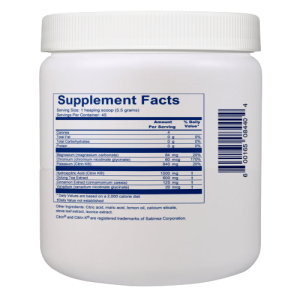
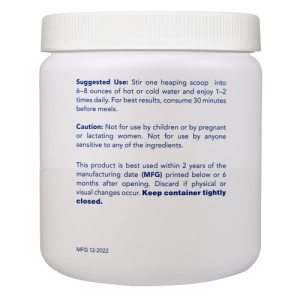
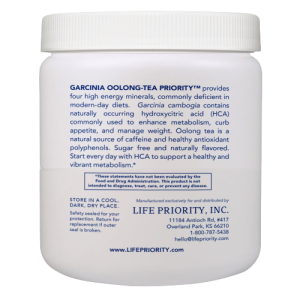
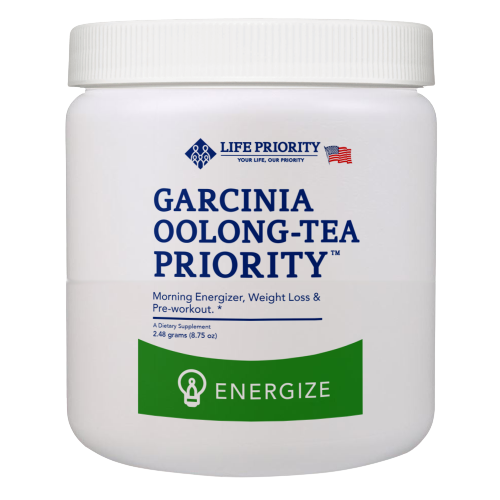
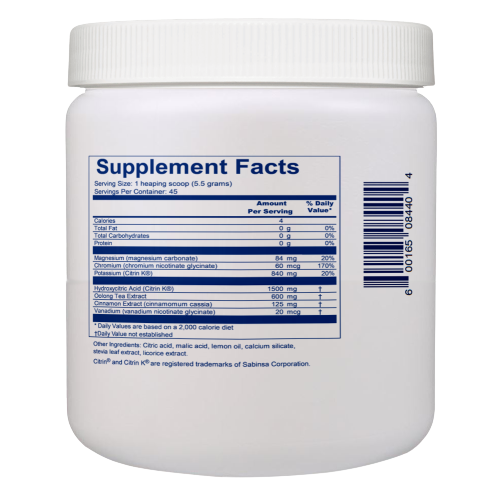
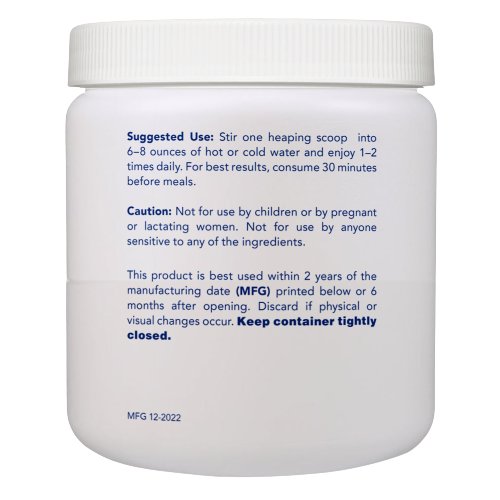
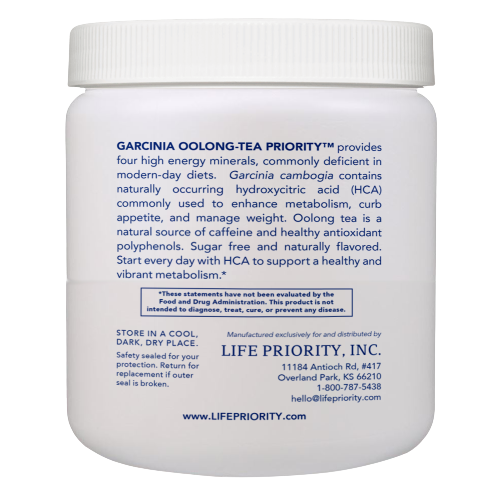
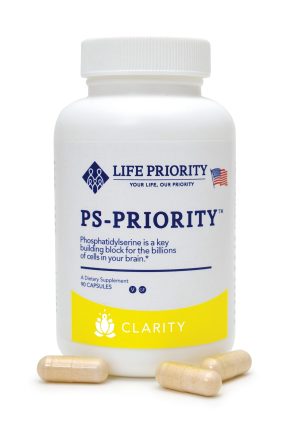
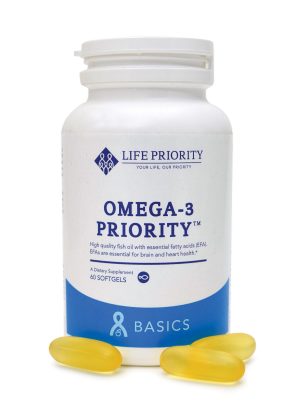


Reviews
There are no reviews yet.